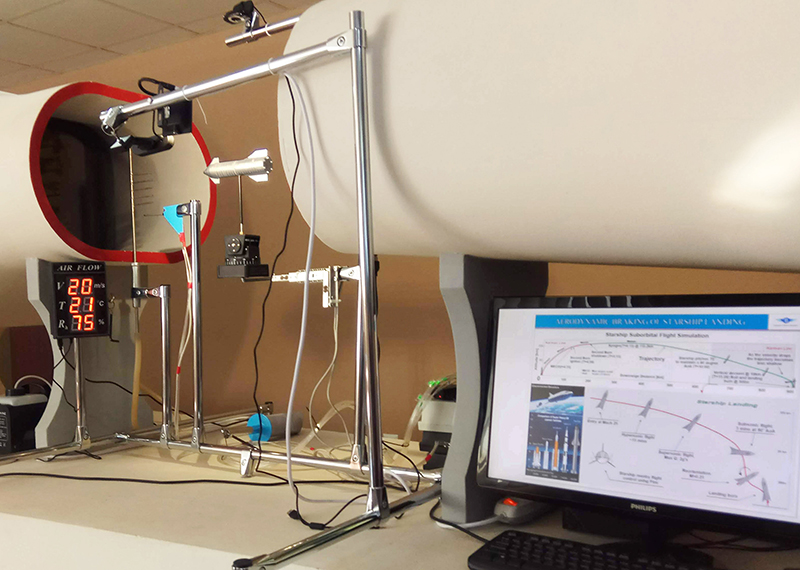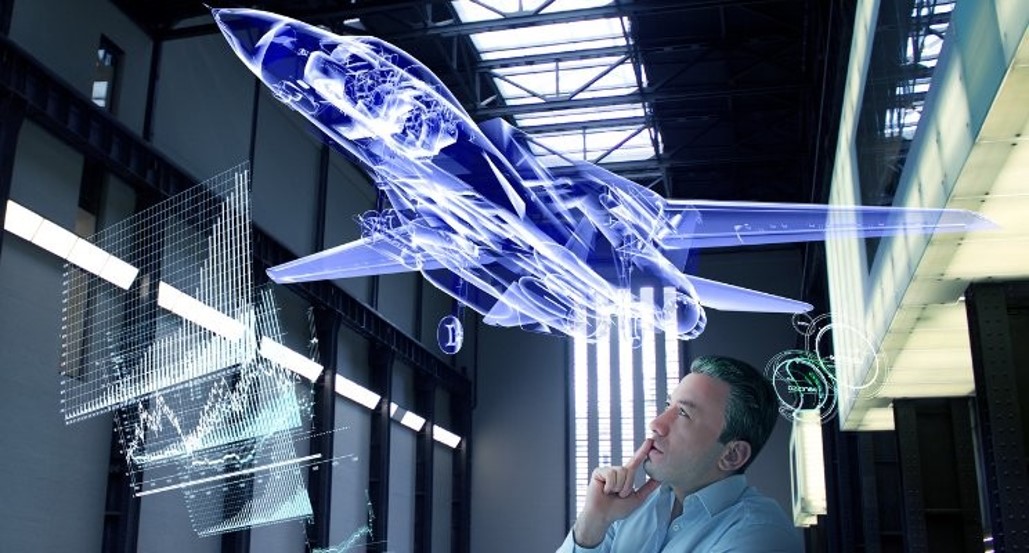Research
September 27, 2023 2024-01-28 11:28Research
Scientific-research centre is a structural unit of the university, which carries out scientific-research activities in accordance with the Georgian Law “On Higher Education”, as well as the statute of the university and the regulations of the centre.
The centre serves the development and popularization of the university’s scientific potential in the field of aviation, through effective scientific-research activities for the solution of aviation-engineering tasks.
The aim of the centre is to process the methodological issues relevant to the prospective, priority directions of the research and to implement the scientific-research works based on them. Participation in the training of highly qualified doctoral and master’s students in civil aviation, aircraft construction and related fields. Establishing business relations with advanced research institutions of Georgia and foreign countries, integrating research results into the educational process, etc.
It should be noted that the group of scientists of the Georgian Aviation University closely cooperates with the group of scientists of JSC “Tbilisi Aircraft Manufacturing” and JSC “Delta”, Rafiel Dvali named Institute of Machine Mechanics, TSU Arnold Chikobava named Institute of Linguistics and international partners. Based on the interests of the field, joint scientific-research projects are carried out, seminars, conferences, research visits, symposiums and other activities are held.
Within the framework of the centre’s work, the university publishes the annual scientific journal “Air Transport”, the annual international scientific-technical conference of students is held, the student construction bureau functions on its basis, where students have the opportunity to use the existing infrastructure and material resources, implement various types of projects and deepen their practical knowledge in experimental work.
Current Research:
Current research:
At the current stage, the scientific-research centre is carrying out research in various directions provided by local and international grant projects:
- Name of the project – “Increasing the flight safety of aircraft using the system of protective nets on aviation engines”, project code – AR-22-476.
One of the important works within the framework of the grant project is carried out within the framework of the applied research project, which is financed by the Shota Rustaveli National Science Foundation of Georgia. The topic of the research is related to the creation of a new, more safety-potential protective net system for the protection of aircraft, helicopters, small aviation aircraft, unmanned aerial vehicles, electric aircraft aviation engines from foreign bodies.
The project is implemented within two years and a number of important scientific and research activities are planned, namely: mathematical modelling of physical processes, conducting simulation analysis using Ansys, Solidwork, Nastran and other modern software packages, designing and manufacturing special test equipment, static testing of new systems of protective nets and performing dynamic experimental studies, including extreme temperature range and aerodynamic tube safety netting systems.
- Project name – ” Georgian-English explanatory dictionary of aviation terms”, code – FR-23-21262
The purpose of the research is to study and reveal incorrect forms in Georgian aviation terminology, misinterpretation, unspecified concepts in the Georgian language, and other types of terminology that contain errors. With the joint work of specialists and linguists in the field of aviation, agreeing on normative terms and developing an Georgian-English explanatory dictionary of aviation terms based on this. In the dictionary, the main aviation terms will be presented thematically. The creation of the dictionary is an important step towards the development of Georgian aviation terminology and language resources, which is in line with the goals of the state language strategy and will contribute to the full functioning and protection of the Georgian language.
- Project name – “Research of characteristics of mixed flows containing multi-component solid particles in airborne devices, development of effective methodology for their measurement and detection”, code – FR-23-13321
The aim of the research is to develop an effective methodology for measuring flow parameters of a multi-component mixture of air containing solid particles. As a result, it will be possible to detect free particles passing through them in real operating conditions in aviation air turbine engines, to evaluate their physical and quantitative characteristics.
- Project name – “Aviation field illustrated Georgian-English educational dictionary”, project code – SL-22-476.
Along with applied research, significant attention has been given to the issues of perfecting the technical terminology of the Georgian language. At the current stage, the Georgian Aviation University is conducting research in close cooperation with the TSU Institute of Linguistics named Arnold Chikobava. The research is financed with the support of the Shota Rustaveli National Science Foundation of Georgia, within the framework of the grant competition for the protection and development of the state language, and the final goal of the project is to create a new illustrated aviation dictionary, which is an important step in the protection and promotion of the Georgian language.
- Grant proposal for Horizon Europe funding on the topic “Design and manufacture of a multi-purpose unmanned aerial vehicle”.
The project is carried out within the consortium of the Georgian Aviation University, the international innovative company “December 32” and the Polish drones producing company “Spectre Solutions”, in close cooperation with the Georgian Civil Aviation Agency and other professionals in the aviation field.
The goal of the project is for the parties to jointly develop issues related to civilian unmanned aerial vehicles in Georgia, including research and innovation, artificial intelligence and software development, flight operation and production.
Conducted Researches:
Conducted Researches
- ISTC – Project G-060 variable geometry screw and its controls.
- Creation of integrated permanent magnet motor-generator devices for air screw.
- Increasing the stability of the performance of the cooling system of the turbine blades of the aviation gas turbine engine.
- Prevention of ecological disasters using remotely controlled aerial vehicles.
- Calculation of plate constructions using generalized functions.
- Mathematical modelling of turbulent aerodynamic flows in order to study extreme natural events.
- Ontological model for evaluation of human competencies in Georgian air traffic management system.
- Comparative analysis methods of reporting on the strength of composite seams of aircraft.
- Management methods of unmanned aerial vehicles in the unified airspace using new information technologies.
- Increasing the efficiency of air screws by optimizing their geometric shapes.




